Blue Light, The (1932)
“Those crystals — they are a danger for you, and the whole village.”
|
Synopsis: |
|
Genres, Themes, Actors, and Directors:
Review: The storyline is quite simple, structured as a “frame story” in which Junta’s tale is told after visitors at a local hotel ask about her portrait: Junta is perceived as a witch given her primitive existence in the mountains — and how many men die trying to reach the treasures she lives nearby — but Junta is actually a sympathetic presence, making the story’s denouement all the more tragic (though perhaps not surprising). This film isn’t must-see, but those who enjoy innovative films by early female directors may be curious to give it a look. Notable Performances, Qualities, and Moments: Must See? Links: |
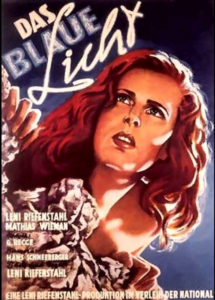
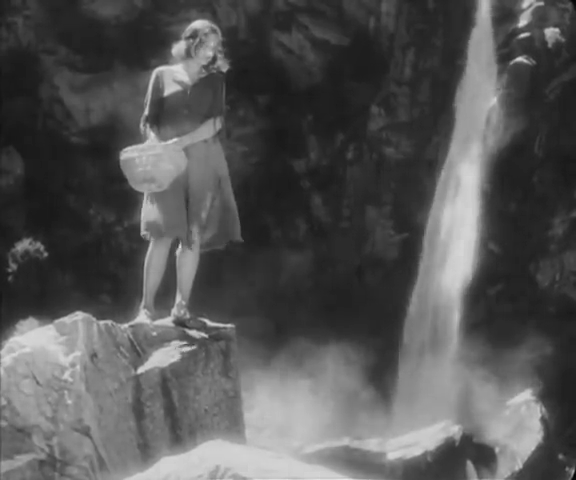
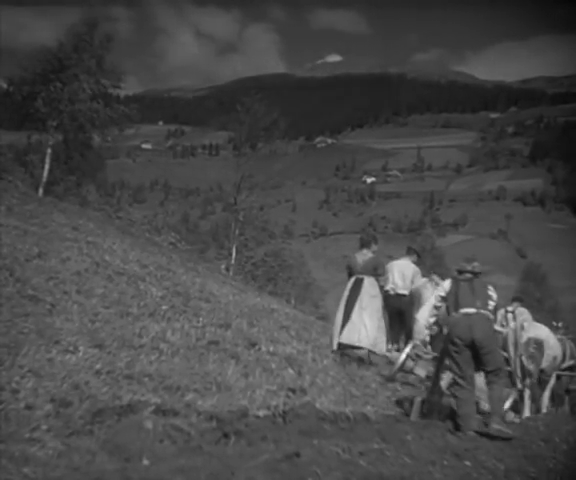
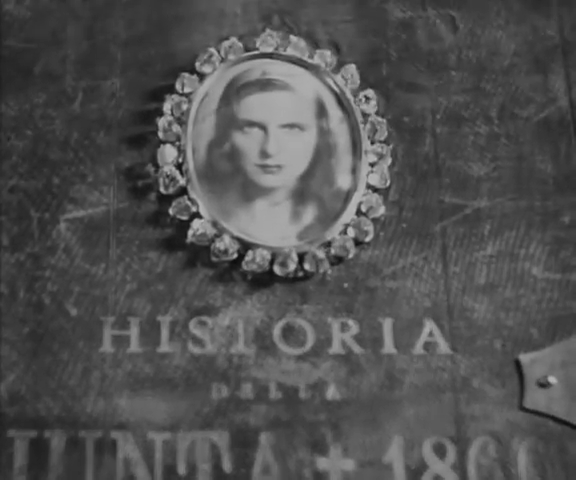
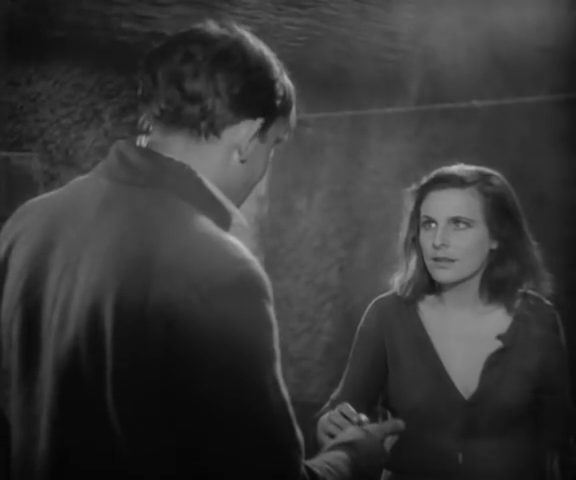

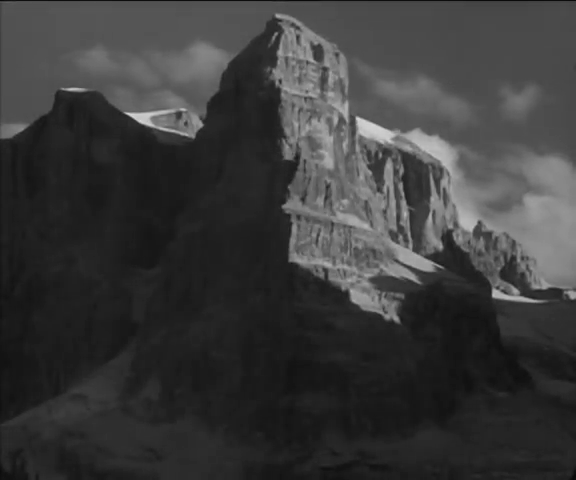
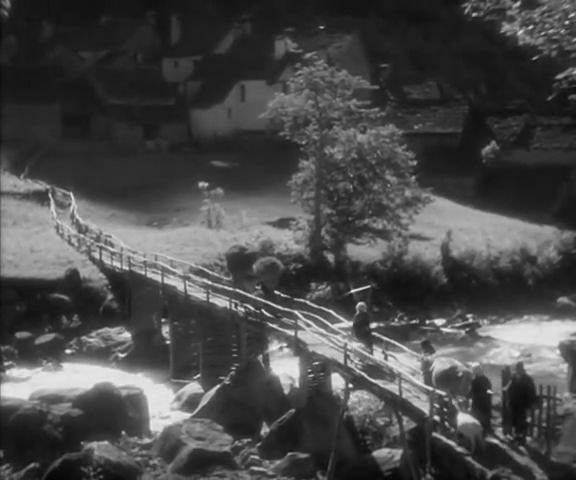
One thought on “Blue Light, The (1932)”
First viewing. Skip it.
While the film may be perfect for rock climbers, its entertainment value is negligible. This is a film almost pompous in its lethargy. In part a tale of possession, it opts for a lyricism devoid of tension.
With a little more ‘effort’, this might have been camp.
Strangely, Riefenstahl is no actress. She seems to have a grand total of one emotion: a blank surprise that doesn’t vary much in color.